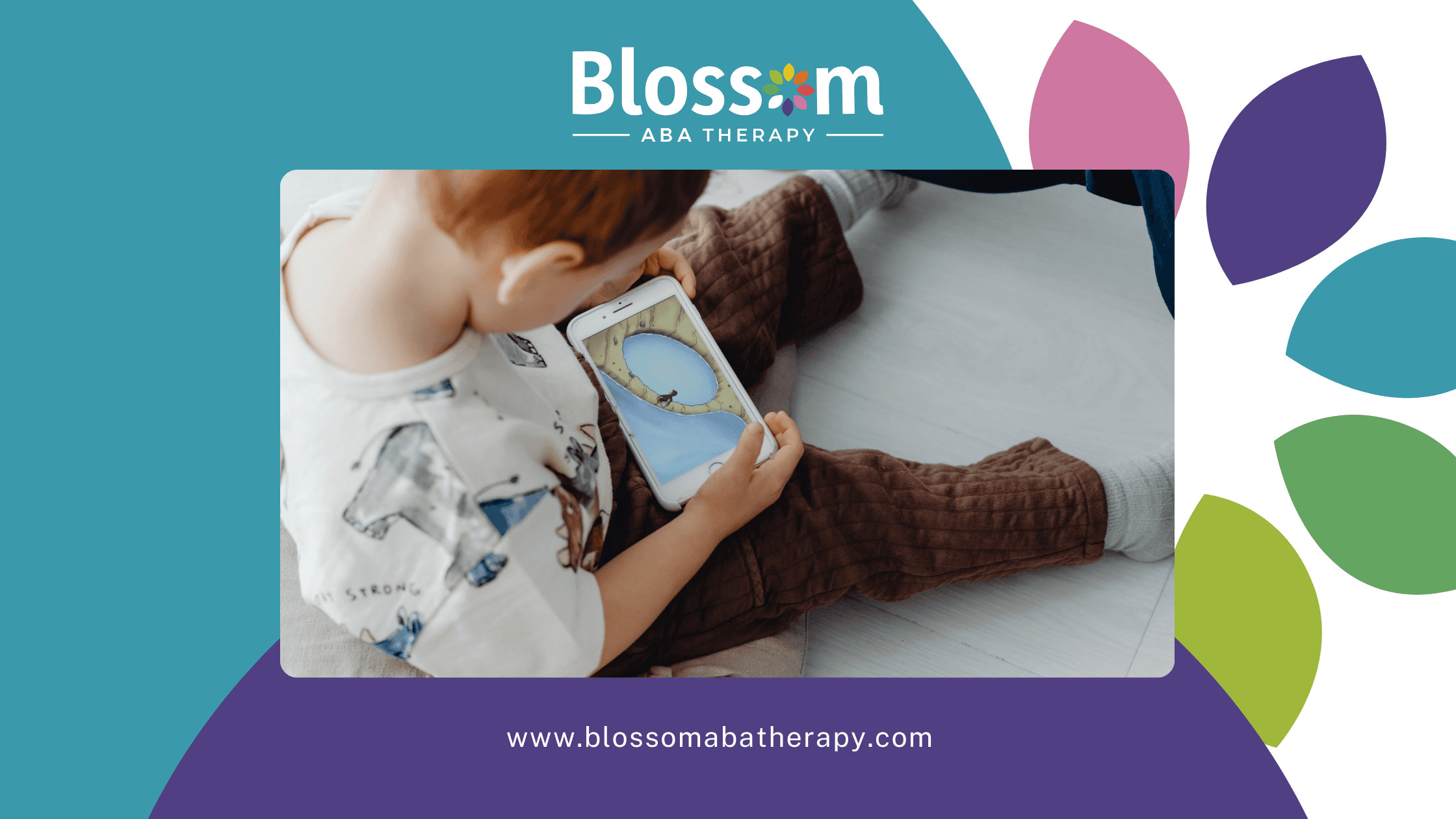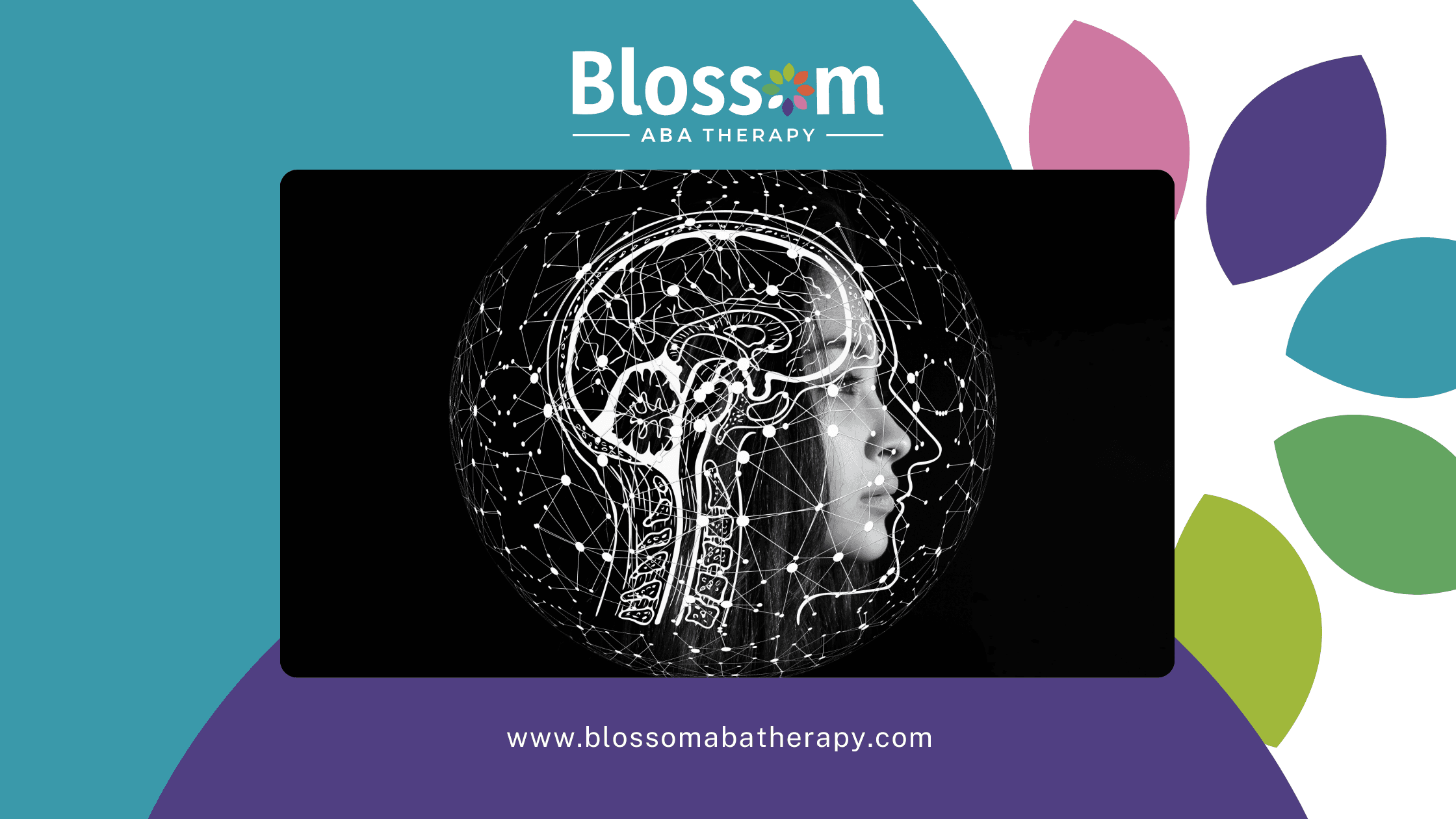Our New Clinic in Peachtree Corners is Now Open! Serving families in Norcross, Dunwoody, Sandy Springs, Duluth, Johns Creek, Alpharetta, Roswell, Suwanee, Brookhaven & nearby areas.

Do Autistic Kids Understand Punishment? A Parent’s Guide
Sep 13, 2025

Do Autistic Kids Understand Punishment? A Parent’s Guide
Sep 13, 2025

Do Autistic Kids Understand Punishment? A Parent’s Guide
Sep 13, 2025

Do Autistic Kids Understand Punishment? A Parent’s Guide
Sep 13, 2025
Do children with autism understand punishment? Explore how autistic kids process consequences differently and why positive reinforcement is a better approach.
It’s a question many parents quietly wonder: Do autistic kids understand punishment the same way other children do?The short answer is — not always. Children with autism may process rules, consequences, and social cues differently, which means traditional discipline methods often don’t have the intended effect.
For many autistic kids, punishment can be confusing. Instead of teaching the lesson a parent hopes for, it may lead to frustration, fear, or even withdrawal. This isn’t because the child is being “difficult” — it’s because autistic brain interprets experiences in a unique way.
Why punishment may not work well
Many autistic children struggle to connect the behavior with the consequence.
Harsh punishment can increase anxiety or sensory overload.
It may not teach what to do instead — only what not to do.
What helps instead
Instead of punishment, positive approaches tend to work best:
Clear expectations and consistent routines
Visual supports (like charts or schedules)
Rewarding desired behaviors with praise or small motivators
Using ABA therapy techniques to gently guide learning and growth
This way, the focus is on teaching skills, not on fear or shame.
At Blossom ABA Therapy, we specialize in positive, evidence-based approaches that help children build communication, social, and daily living skills. Families across Georgia, Tennessee, Virginia, and North Carolina can access:
Every child deserves guidance that makes sense to them. Contact us today to learn how we can support your family.
FAQs
Do autistic kids understand consequences?
Yes, but they may need more direct, positive, and consistent teaching to make the connection.
Should you punish an autistic child?
Harsh punishment is not recommended. Positive reinforcement works much better.
What’s the best discipline approach for autism?
ABA therapy, structure, and gentle consistency help children learn without fear.
Sources:
https://www.autismspeaks.org/sensory-issues
https://www.autismspeaks.org/tool-kit/atnair-p-visual-supports-and-autism
https://pmc.ncbi.nlm.nih.gov/articles/PMC11549161/
https://www.appliedbehavioranalysisedu.org/6-step-approach-to-disciplining-a-child-with-asd/
https://www.autismparentingmagazine.com/punishment-should-resort-last/
It’s a question many parents quietly wonder: Do autistic kids understand punishment the same way other children do?The short answer is — not always. Children with autism may process rules, consequences, and social cues differently, which means traditional discipline methods often don’t have the intended effect.
For many autistic kids, punishment can be confusing. Instead of teaching the lesson a parent hopes for, it may lead to frustration, fear, or even withdrawal. This isn’t because the child is being “difficult” — it’s because autistic brain interprets experiences in a unique way.
Why punishment may not work well
Many autistic children struggle to connect the behavior with the consequence.
Harsh punishment can increase anxiety or sensory overload.
It may not teach what to do instead — only what not to do.
What helps instead
Instead of punishment, positive approaches tend to work best:
Clear expectations and consistent routines
Visual supports (like charts or schedules)
Rewarding desired behaviors with praise or small motivators
Using ABA therapy techniques to gently guide learning and growth
This way, the focus is on teaching skills, not on fear or shame.
At Blossom ABA Therapy, we specialize in positive, evidence-based approaches that help children build communication, social, and daily living skills. Families across Georgia, Tennessee, Virginia, and North Carolina can access:
Every child deserves guidance that makes sense to them. Contact us today to learn how we can support your family.
FAQs
Do autistic kids understand consequences?
Yes, but they may need more direct, positive, and consistent teaching to make the connection.
Should you punish an autistic child?
Harsh punishment is not recommended. Positive reinforcement works much better.
What’s the best discipline approach for autism?
ABA therapy, structure, and gentle consistency help children learn without fear.
Sources:
https://www.autismspeaks.org/sensory-issues
https://www.autismspeaks.org/tool-kit/atnair-p-visual-supports-and-autism
https://pmc.ncbi.nlm.nih.gov/articles/PMC11549161/
https://www.appliedbehavioranalysisedu.org/6-step-approach-to-disciplining-a-child-with-asd/
https://www.autismparentingmagazine.com/punishment-should-resort-last/
It’s a question many parents quietly wonder: Do autistic kids understand punishment the same way other children do?The short answer is — not always. Children with autism may process rules, consequences, and social cues differently, which means traditional discipline methods often don’t have the intended effect.
For many autistic kids, punishment can be confusing. Instead of teaching the lesson a parent hopes for, it may lead to frustration, fear, or even withdrawal. This isn’t because the child is being “difficult” — it’s because autistic brain interprets experiences in a unique way.
Why punishment may not work well
Many autistic children struggle to connect the behavior with the consequence.
Harsh punishment can increase anxiety or sensory overload.
It may not teach what to do instead — only what not to do.
What helps instead
Instead of punishment, positive approaches tend to work best:
Clear expectations and consistent routines
Visual supports (like charts or schedules)
Rewarding desired behaviors with praise or small motivators
Using ABA therapy techniques to gently guide learning and growth
This way, the focus is on teaching skills, not on fear or shame.
At Blossom ABA Therapy, we specialize in positive, evidence-based approaches that help children build communication, social, and daily living skills. Families across Georgia, Tennessee, Virginia, and North Carolina can access:
Every child deserves guidance that makes sense to them. Contact us today to learn how we can support your family.
FAQs
Do autistic kids understand consequences?
Yes, but they may need more direct, positive, and consistent teaching to make the connection.
Should you punish an autistic child?
Harsh punishment is not recommended. Positive reinforcement works much better.
What’s the best discipline approach for autism?
ABA therapy, structure, and gentle consistency help children learn without fear.
Sources:
https://www.autismspeaks.org/sensory-issues
https://www.autismspeaks.org/tool-kit/atnair-p-visual-supports-and-autism
https://pmc.ncbi.nlm.nih.gov/articles/PMC11549161/
https://www.appliedbehavioranalysisedu.org/6-step-approach-to-disciplining-a-child-with-asd/
https://www.autismparentingmagazine.com/punishment-should-resort-last/
It’s a question many parents quietly wonder: Do autistic kids understand punishment the same way other children do?The short answer is — not always. Children with autism may process rules, consequences, and social cues differently, which means traditional discipline methods often don’t have the intended effect.
For many autistic kids, punishment can be confusing. Instead of teaching the lesson a parent hopes for, it may lead to frustration, fear, or even withdrawal. This isn’t because the child is being “difficult” — it’s because autistic brain interprets experiences in a unique way.
Why punishment may not work well
Many autistic children struggle to connect the behavior with the consequence.
Harsh punishment can increase anxiety or sensory overload.
It may not teach what to do instead — only what not to do.
What helps instead
Instead of punishment, positive approaches tend to work best:
Clear expectations and consistent routines
Visual supports (like charts or schedules)
Rewarding desired behaviors with praise or small motivators
Using ABA therapy techniques to gently guide learning and growth
This way, the focus is on teaching skills, not on fear or shame.
At Blossom ABA Therapy, we specialize in positive, evidence-based approaches that help children build communication, social, and daily living skills. Families across Georgia, Tennessee, Virginia, and North Carolina can access:
Every child deserves guidance that makes sense to them. Contact us today to learn how we can support your family.
FAQs
Do autistic kids understand consequences?
Yes, but they may need more direct, positive, and consistent teaching to make the connection.
Should you punish an autistic child?
Harsh punishment is not recommended. Positive reinforcement works much better.
What’s the best discipline approach for autism?
ABA therapy, structure, and gentle consistency help children learn without fear.
Sources:
https://www.autismspeaks.org/sensory-issues
https://www.autismspeaks.org/tool-kit/atnair-p-visual-supports-and-autism
https://pmc.ncbi.nlm.nih.gov/articles/PMC11549161/
https://www.appliedbehavioranalysisedu.org/6-step-approach-to-disciplining-a-child-with-asd/
https://www.autismparentingmagazine.com/punishment-should-resort-last/
Do Kids With Autism Understand the Concept of Punishment?
Do Kids With Autism Understand the Concept of Punishment?


Seeking Support?
We're Here to Help!
Our dedicated professionals specialize in ABA therapy to foster your child's growth and happiness. We're here to provide the personalized care and attention your child deserves. Reach out to learn how we can support your family's journey.
Connect With Our ABA Experts Today.
News & Blogs
News & Blogs
Latest News & Blogs
Latest News & Blogs
Latest News & Blogs
Latest News & Blogs

ARE YOU PASSIONATE ABOUT HELPING CHILDREN
ARE YOU PASSIONATE ABOUT HELPING CHILDREN
Join Our Team
Join Our Team
Join Our Team
Join Our Team
Blossom Therapy constantly seeks qualified BCBAs and RBTs to fill full and part-time positions.
Blossom Therapy constantly seeks qualified BCBAs and RBTs to fill full and part-time positions.
Blossom Therapy constantly seeks qualified BCBAs and RBTs to fill full and part-time positions.
Blossom Therapy constantly seeks qualified BCBAs and RBTs to fill full and part-time positions.






